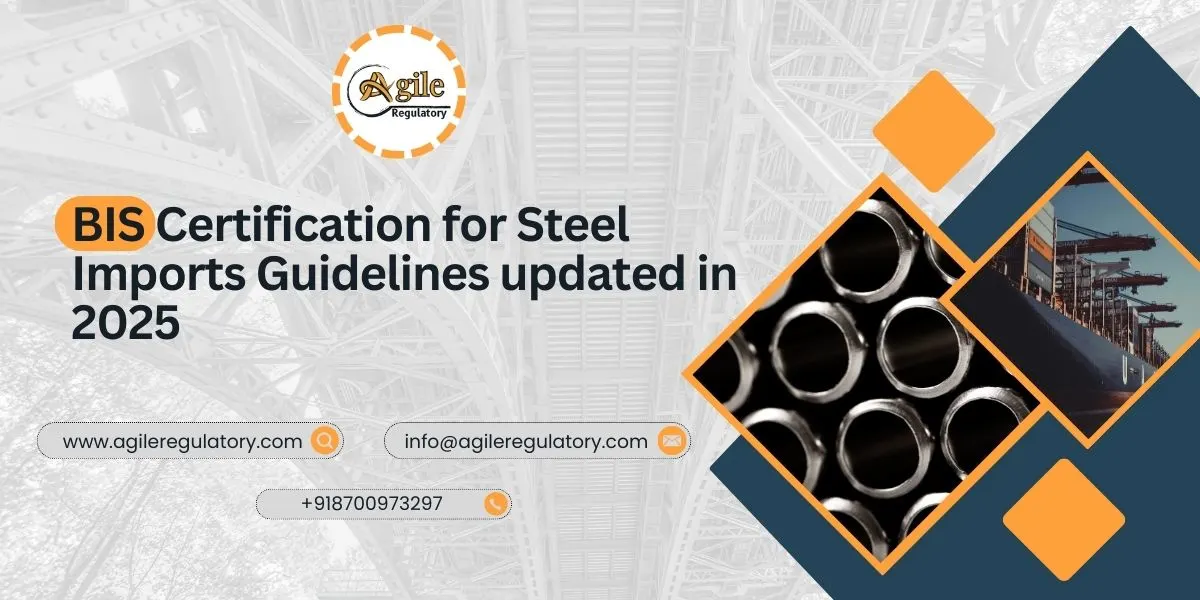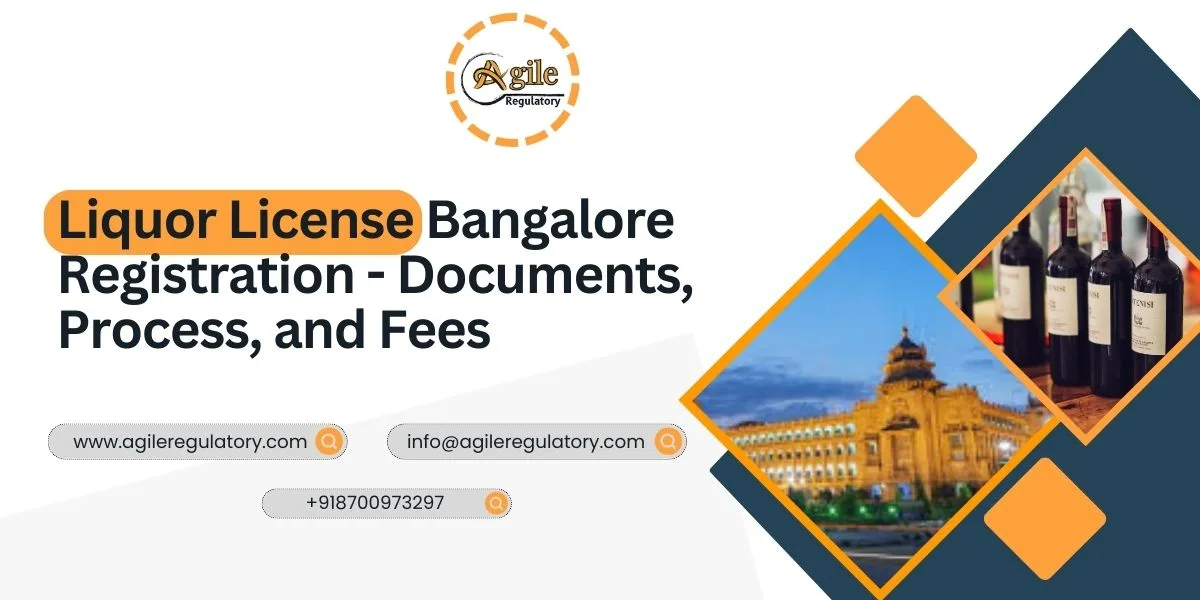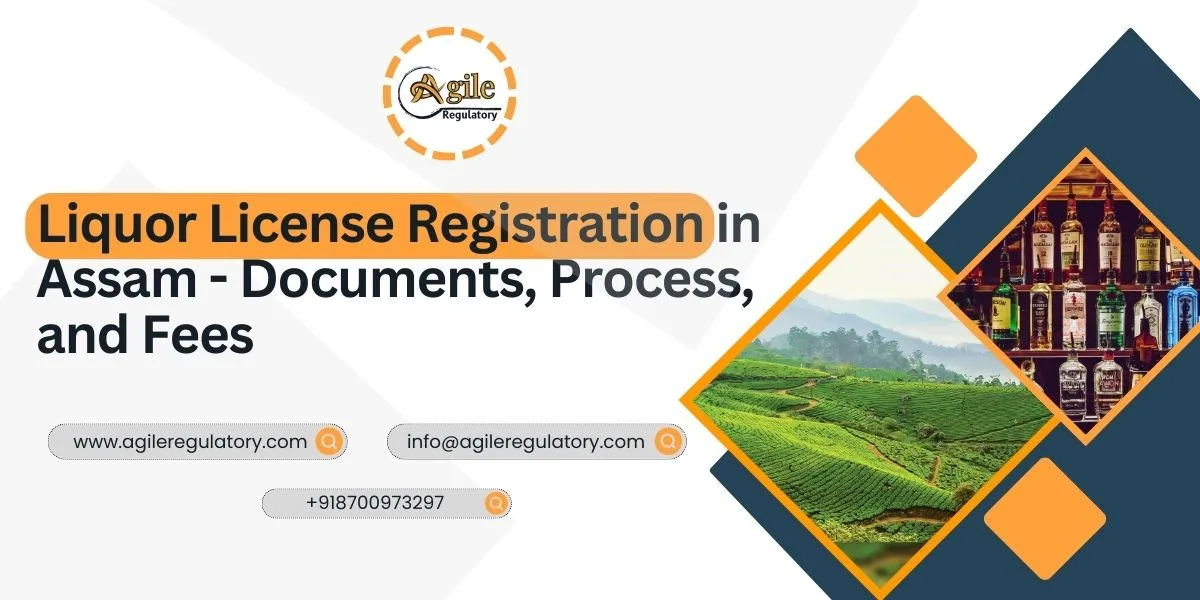
Get Instant Solution By an Expert Advisor
(4.8)


Since mid-June 2025 India became stricter. A variety of imported steel must have the BIS certification or be of the mapped Indian Standards. Non-conformity in the customs will be detected and will incur holds and fines on importers. The reason behind this change is to prevent poor quality steel, and to defend domestic makers.
The Ministry of Steel and BIS issued clarifications in June 2025. They extended Quality Control Order (QCO) style checks to intermediate and raw steel inputs. Customs now asks for proof that incoming coils, billets, slabs and some semi-finished goods meet relevant IS standards. Shipments with bills of lading dated after the cutoff face scrutiny. This rule affects importers, traders and many MSMEs.
Officials say substandard steel hurts safety and domestic industry. The new rule seeks traceability and quality. It also aligns procurement with national standards. The move protects buyers and large infrastructure projects from poor inputs. But small buyers that rely on spot imports feel sudden pressure and extra cost.
The update covers many input materials used in steelmaking and fabrication. Commonly included items are: hot-rolled coils, cold-rolled coils, slabs, billets, and certain alloy inputs. Authorities maintain a list that maps product types to Indian Standards. Importers must check the list before shipping. If a material is listed, it needs BIS compliance or an approved alternative.
BIS ISI Certificate for Stainless Steel Vacuum Flask or Bottle: IS 17526
Importers, customs brokers, and authorised Indian representatives must prepare immediately. For consignments in transit, check bill of lading dates carefully. If your shipments fall after the enforcement date, you must present BIS certificates, test reports, or evidence of conformity. Without proof, customs can detain cargo or refuse clearance. Plan fast, because delays cause demurrage and production slowdowns.
To clear imports, you typically need one or more of these:
Keep originals and digital copies ready. Customs will check details against the product list and the QCO.
BIS and Steel Ministry receive reports of the labs accredited by either NABL or BIS. The product is to be tested according to the Indian Standards which have been mapped. Common tests are such as chemical analysis, tensile properties and surface quality checks. In case your laboratory report is not in the required IS or format, it may be rejected by the customs. Apply certified labs that have experience in testing steel as a way of reducing rework.
BIS ISI Certification for Mild Steel Wire IS 280:2006
These steps reduce the risk of detention and lost business.
Smaller manufacturers that import semi-finished steel say the rule came fast. They face higher testing costs and delays. Many asked for transitional relief or subsidies. Larger mills may adapt easier, but the short term may see contract disruptions and higher input prices. Policy makers are discussing support, and some clarifications were issued to ease immediate pain, but compliance remains mandatory.
Customs are able to hold or refuse the cargo that does not have the necessary evidence. Importers can be fined, ordered to undergo additional testing or be ordered to re-export. This may increase the level of scrutiny and additional documentary requirements to future shipments in cases of repeated non-compliance. In order to escape penalties ensure that documentation is met prior to the arrival of goods
These practices cut time and protect margins.
The tightening of 2025 BIS is meant to increase quality and traceability of steel inputs. It introduces additional work and expenditure to the importers, particularly the MSMEs. However, through planning, testing and clear contracts with suppliers you may adapt. Compliance is a procurement risk that should be treated. It will safeguard the buyers and reputation in the long-term.
BIS and steel import rules changed fast in 2025. Agile Regulatory helps importers navigate this space. They map your items to IS codes, arrange NABL tests, prepare BIS or conformity documents, and liaise with customs. Our team tracks deadlines and corrects paperwork so you avoid holds and fines.

 Vanshika Mathur
Vanshika Mathur
12 Feb, 2026

 Divya Saxena
Divya Saxena
12 Feb, 2026

 Nishi Chawla
Nishi Chawla
12 Feb, 2026

 Nishi Chawla
Nishi Chawla
12 Feb, 2026

 Vanshika Mathur
Vanshika Mathur
11 Feb, 2026

Get Instant Solution By an Expert Advisor
(4.8)
We simplify compliance through a proven 4-step process: Consultation, Documentation, Submission, and certification. From understanding requirements to getting final approvals, we deliver a smooth, timely, and fully compliant journey for your business.
What our customer says about us
Fantastic support from the team. Their expertise transformed our approach, driving remarkable outcomes. A must-have partner for businesses seeking effective consulting solutions. Highly recommended.

KTPL Instruments
Agile Regualtory delivers exceptional solutions. Their insightful guidance streamlined our processes and boosted profitability. Highly recommended for businesses seeking expert consulting services to thrive.

Justrack IOT
Impressed by Agile Regulatory's expertise. Their strategic insights and practical solutions have elevated our business operations. A reliable partner for effective consulting services. Highly recommended for growth-focused businesses.

Coaire Compressor
Extraordinary consulting services. Their insightful solutions and dedicated team reshaped our business, driving remarkable improvements. Highly recommend it for transformative results.

Easy Polymer
Incredible experience with Agile Regulatory. Their innovative strategies and expert advice revitalized our business model, resulting in impressive growth. Highly recommend their exceptional consulting services.

Tarus International
Top-tier consulting! offered strategic solutions that revolutionized our approach. Their deep expertise and personalized guidance made a significant impact on our success. Highly recommend their services.

Anchor Weighing
Agile Regulatory exceeded expectations! Their tailored solutions, expertise, and proactive approach led to remarkable results. Highly recommend for businesses seeking impactful and strategic guidance.

AM Capacitor
Outstanding service! delivered targeted solutions with professionalism and expertise. Their insights elevated our business strategies, resulting in noticeable growth. Highly recommended for exceptional consultation.

Imaxx Pro Aquistic
Leave a Reply
Your email address will not be published. Required fields are marked *